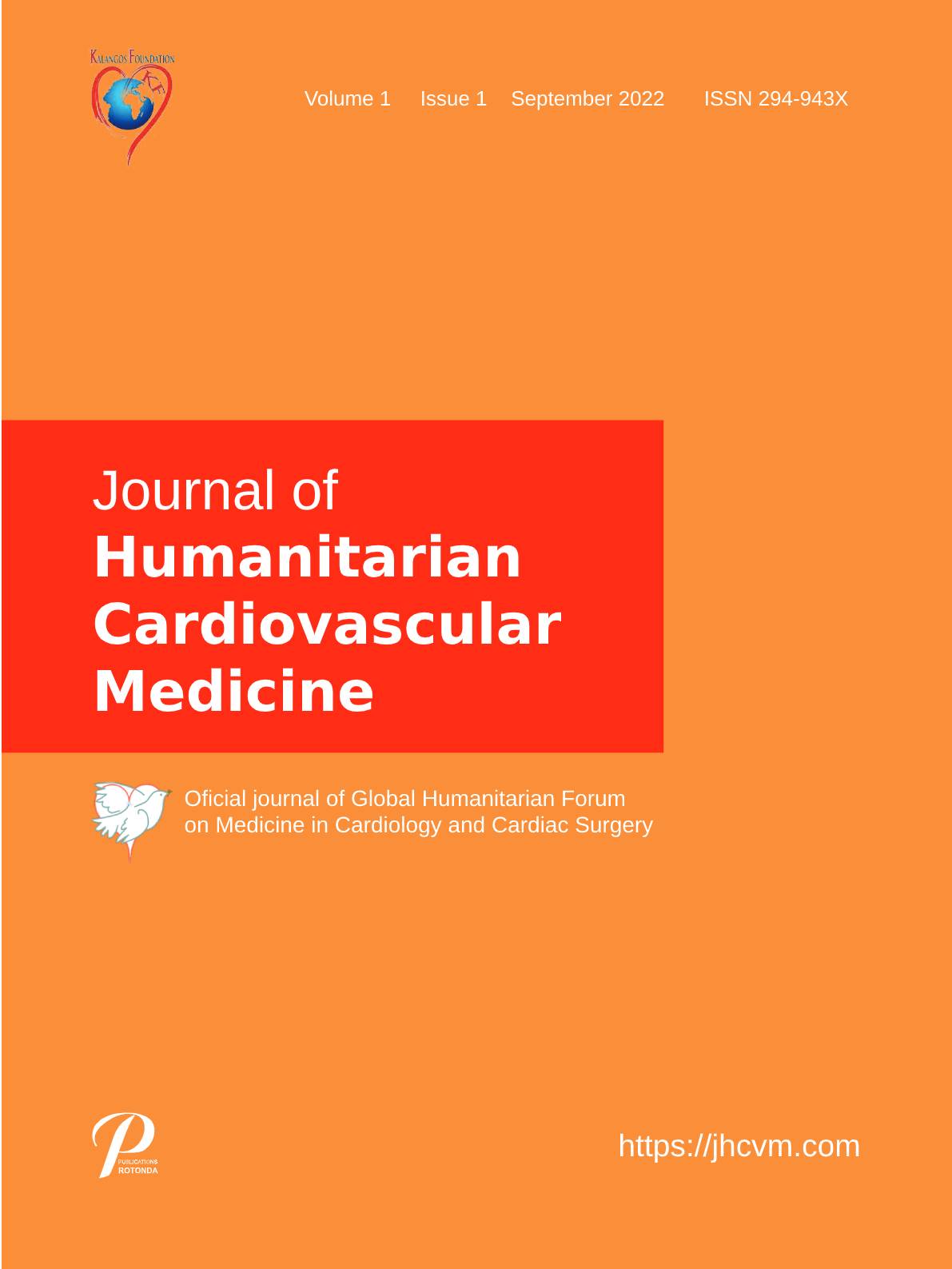Cardiac Care in Belize: Building a Local, Sustainable Program from “Square One” Cardiac Care in Belize

Abstract
Objectives: The authors explore building a sustainable cardiac program in Belize from ground zero.
Methods: Leveraging previously proven experience and expertise of Francis Robicsek, MD PhD in Guatemala, the authors outline the steps taken to duplicate the program.
Results: A 5-year commitment timeline between the supporting organization and the host medical facility in Belize is the first step toward achieving sustainability. We are already seeing results through advance training and hiring of healthcare providers.
Conclusion: “Give a man a fish and you feed him for a day. Teach a man to fish and you feed him for a lifetime.”(1) Our role is to provide assistance and support, so that we leave competent and skilled medical professionals behind to assess, diagnose and treat current and future generations.
Article Details
- How to Cite
-
Skipper, E., Johnson, T., & R, F. (2022). Cardiac Care in Belize: Building a Local, Sustainable Program from “Square One”: Cardiac Care in Belize. Journal of Humanitarian Cardiovascular Medicine, 1(1). https://doi.org/10.12681/jhcvm.30193
- Section
- Humanitarian Projects in Cardiovascular Medicine
- Categories

This work is licensed under a Creative Commons Attribution-NonCommercial-ShareAlike 4.0 International License.
This work is licensed under a [Creative Commons Attribution-NonCommercial-ShareAlike 4.0 International License|https://creativecommons.org/licenses/by-nc-sa/4.0/]. Authors who publish with this journal agree to the following terms: # Authors retain copyright and grant the journal right of first publication with the work simultaneously licensed under a CC-BY-NC-SA that allows others to share the work with an acknowledgement of the work's authorship and initial publication in this journal. # Authors are able to enter into separate, additional contractual arrangements for the non-exclusive distribution of the journal's published version of the work (e.g. post it to an institutional repository or publish it in a book), with an acknowledgement of its initial publication in this journal. # Authors are permitted and encouraged to post their work online (preferably in institutional repositories or on their website) prior to and during the submission process, as it can lead to productive exchanges, as well as earlier and greater citation of published work (See [The Effect of Open Access|http://opcit.eprints.org/oacitation-biblio.html]).


